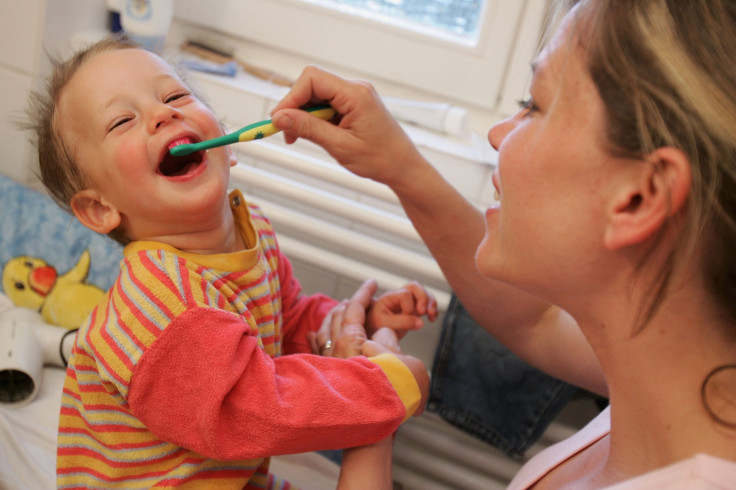How Does Mouthwash Affect Blood Pressure?

Cleansing your mouth with an anti-bacterial mouthwash might be good for your teeth and gums but it’s not that good for your heart.
An eye-opening study by the University of Plymouth in the United Kingdom suggests the blood pressure-lowering effect of exercise is diminished by the use of an anti-bacterial mouthwash. The reason: antiseptic mouthwashes destroy the oral bacteria that play a role in maintaining cardiovascular health.
The team of international scientists from the University of Plymouth and the Center of Genomic Regulation in Barcelona that conducted the study said the results illustrate the importance of oral bacteria in cardiovascular health.
Because of the study, they urge health professionals worldwide to pay attention to the oral environment when recommending interventions involving physical activity for high blood pressure. They also point out physical exertion does lower blood pressure but the effects are significantly reduced when people use an antiseptic mouthwash instead of water.
The small study involved 23 healthy adults that were asked to run on a treadmill for 30 minutes on two separate occasions. They were later monitored for two hours.
At one, 30, 60 and 90 minutes after exercise, the volunteers were asked to rinse their mouths with a liquid. This liquid was either an antibacterial mouthwash or a placebo of mint-flavored water.
Their blood pressure was taken. Saliva and blood samples were also taken before exercise and at 120 minutes after exercise.
The study found that when participants rinsed their mouths with the placebo, the average reduction in systolic blood pressure was minus 5.2 mmHg one hour after exercise. On the other hand, when participants rinsed with the antibacterial mouthwash, the average systolic blood pressure was minus 2 mmHg at the same time point.
The results showed the blood pressure-lowering effect of exercise was diminished by more than 60 percent over the first hour of recovery. This beneficial effect was totally eradicated two hours after exercise for participants given the antibacterial mouthwash.
"Scientists already know that blood vessels open up during exercise, as the production of nitric oxide increases the diameter of the blood vessels, increasing blood flow circulation to active muscles,” Dr Raul Bescos, lead author from the University of Plymouth, said.
"What has remained a mystery is how blood circulation remains higher after exercise, in turn triggering a blood pressure-lowering response known as post-exercise hypotension.”

Dr. Bescos noted that previous research suggest nitric oxide isn’t involved in this post-exercise response and was only involved during exercise. The new study also challenges these views.
"It's all to do with nitric oxide degrading into a compound called nitrate, which for years was thought to have no function in the body,” he said.
Dr. Bescos said research over the last decade has shown nitrate can be absorbed in the salivary glands and excreted with saliva.
The study’s findings show nitrite synthesis by oral bacteria is a lot important in kick-starting how our bodies react to exercise over the first period of recovery, promoting lower blood pressure and greater muscle oxygenation, according to Craig Cutler, study co-author.
"In effect, it's like oral bacteria are the 'key' to opening up the blood vessels. If they are removed, nitrite can't be produced and the vessels remain in their current state.”



























